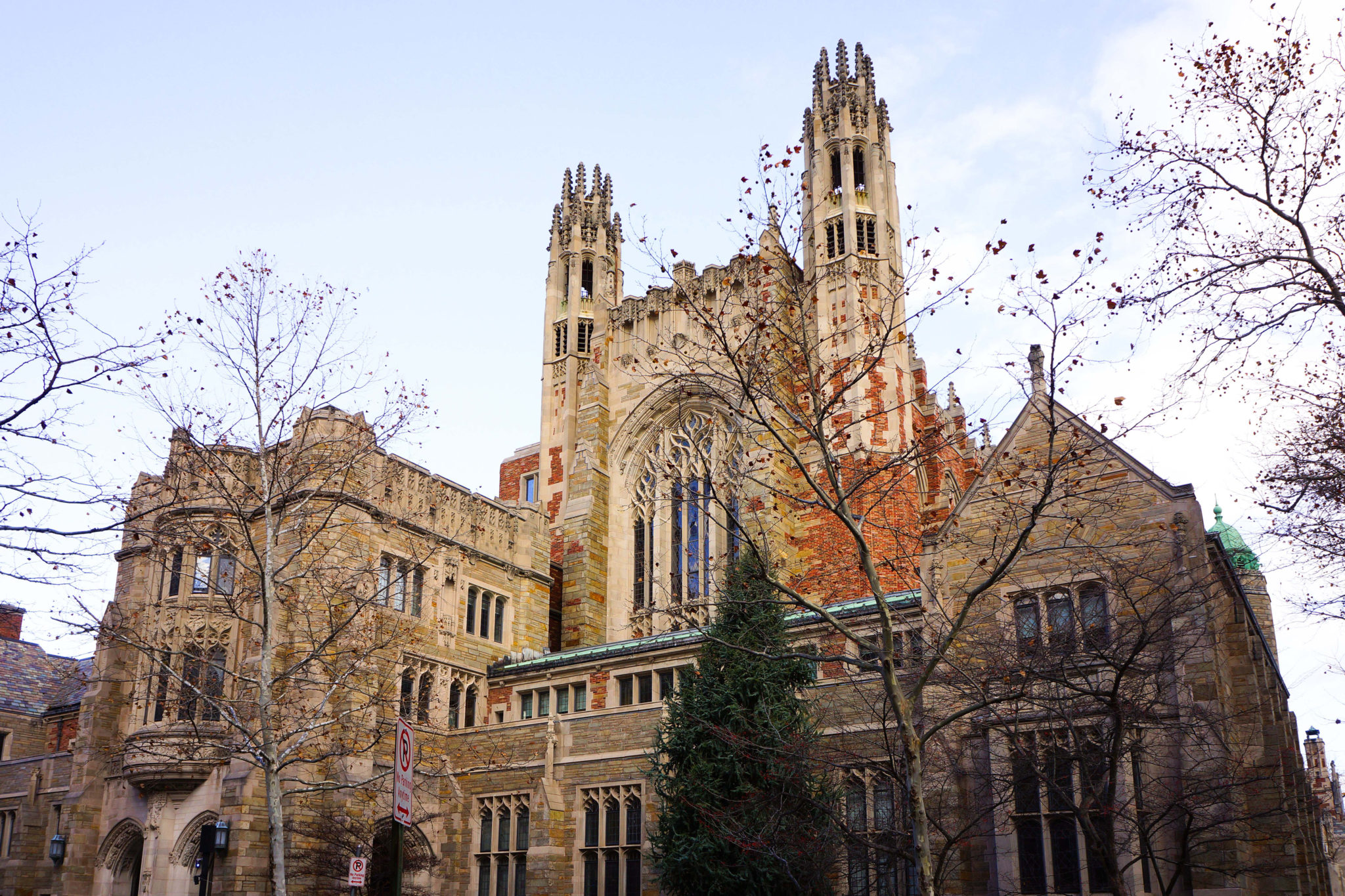
A Yale Law School clinic is continuing to develop its defense of journalists’ First Amendment rights in the face of President Donald Trump’s alleged retaliation against media companies for their unfavorable coverage.
Yale Law School’s Media Freedom of Information and Access Clinic filed a complaint on Oct. 16 for declaratory and injunctive relief along with co-counsels Protect Democracy and Davis Wright Tremaine LLP. The legal team alleged that Trump’s retaliation against media companies for unfavorable coverages has a “chilling effect” that violates journalists’ First Amendment rights, according to Protect Democracy counsel Kristy Parker.
In an email to the News, Communications Organizer for Protect Democracy Nanya Springer said that the groups are representing PEN America — an organization of writers, journalists, and other literary professionals that “celebrates and defends free expression” — and specifically employees of CNN, the Washington Post, and NBC, as well as other individuals who hold White House press credentials.
“MFIA is one of the leading organizations we have in this country that pays close attention to free speech issues and educating upcoming generations of lawyers in how to defend the basic right to dissent,” Parker said. “Students at the clinic have been full partners in co-counseling this case [in terms of] strategic thinking, how to litigate the issues, and how to frame the issues.”
On Feb. 6, the legal team filed an amended complaint, updating the status of its case. The government is given 60 days to respond to the lawsuit, and Parker said she expects the government to file a motion to dismiss the group’s lawsuit on April 11. Parker added that her team will oppose the motion in hopes of moving into the discovery phase, which would aim to find information about the President’s “motivations and actions against media companies.”
As an example of this alleged retaliation, the Clinic alleges that Trump directed the Justice Department “to block AT&T’s merger with Time Warner to retaliate against CNN for its coverage of him and his administration,” said Springer.
“The President should not be able to hang a sword of Damocles over the heads of journalists and newsgatherers, who are doing the essential work of keeping our government accountable,”said George Wang LAW ’20, who works at the clinic, said. “His retaliatory threats and acts targeting the press are not only troubling and unbecoming of a president, they are illegal and violate the First Amendment.”
Although the DC Circuit Court on Feb. 26 upheld a trial judge’s decision that there was no basis for blocking the merger, Parker said this ruling does not undermine the significance of the lawsuit, which addresses broader questions of Trump’s general retaliatory behavior against media.
“[The AT&T and Time Warner’s merger] certainly … does nothing to mitigate the threat that is placed over the heads of media companies that seek to cover the Trump administration,” Parker said. “[The lawsuit] cost them millions of dollars [which] if it was taken under the purpose of retaliation, never should have happened.”
According to Parker, the Clinic’s case may also be bolstered by recent media coverage of Trump’s relationship with Fox News, such as that outlined in the New Yorker’s investigative piece “The Making of the Fox News White House” published by reporter Jane Mayer ’77. For example, Mayer reported that Trump’s team attempted to persuade Fox News to not cover the President’s alleged payouts to porn star Stormy Daniels. Fox News’ reporter Diana Falzone exchanged emails with Daniels’ attorney and Trump’s longtime lawyer and “fixer” Michael Cohen — who was recently sentenced to three years in prison for the crimes he committed while working for the President — who proposed a cash settlement and non-disclosure agreement to prevent Fox News from reporting on the story. National Enquirer, an American tabloid, bought the rights to the story to “catch and kill” it.
“[The] key issue we’ve identified as something to look out for is whether or not the government is declining as a democracy and taking to squash dissent,” Parker said. “[Mayer’s article] confirmed what we were saying about the President’s behavior all along.”
Protect Democracy was founded in December 2016.
This story was updated on March 28 to include a quotation from member of the MFIA George Wang LAW ’20.
Samuel Turner | samuel.turner@yale.edu







